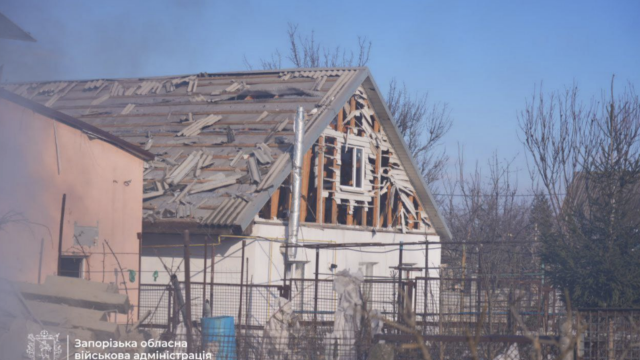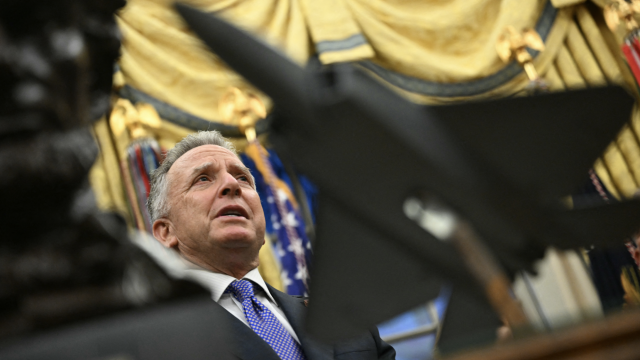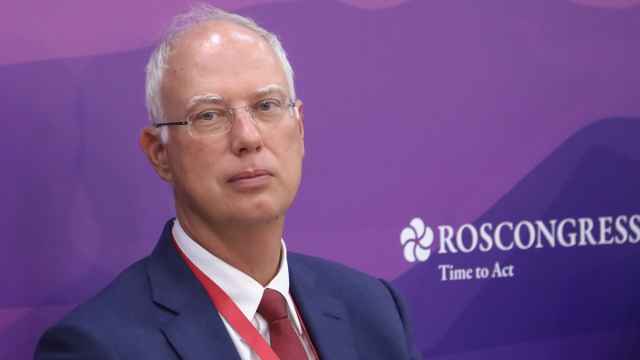KIEV — Ukraine, seeking to renegotiate the terms of a 2009 natural gas supply deal with Moscow, plans to cut Russian fuel imports by two-thirds in the next three years, Energy and Coal Industry Minister Yury Boyko said.
The former Soviet republic seeks to reduce imports from Gazprom to 12.5 billion cubic meters by 2015 from 40 bcm, Boyko told reporters Wednesday in Kiev.
Ukrainian Prime Minister Mykola Azarov has slammed as "unfavorable and enslaving" a 10-year supply deal that was agreed in January 2009 after a pricing dispute halted shipments to European customers. That accord was reached by Azarov's predecessor, Yulia Tymoshenko, who has been accused of agreeing to pay too much and has been detained since last month.
"Talks over a gas purchase cut are on," Boyko said. "If we are offered more than our economy needs, we will sell our gas to Europe on the spot market."
Ukraine relies on Russia for more than 60 percent of its gas needs. In turn, it pumps 80 percent of Russian gas exports to the European Union.
Ukraine is obliged to buy no less than 33 bcm of gas a year under the existing contract, Gazprom chief executive Alexei Miller said Aug. 31.
Ukraine is planning to raise funds to ramp up domestic output by splitting state-run energy company Naftogaz into three units responsible for transit, gas purchases and production.
"We will complete the Naftogaz restructuring by January 2012, as we will sell shares of the companies in an initial public offering next year," Boyko said. "It will give us additional funds of between $10 billion and $12 billion that will be used to increase energy efficiency and gas extraction."
While some of the proceeds from the stock sales will be used to repay debt, the government will "have around $7 billion for investment projects," according to Boyko.
Ukraine produces about 20 bcm of gas a year and wants to increase output to 25 bcm, the minister said.
European Union regulators put forward draft legislation to increase oversight of energy agreements between member nations and third countries to strengthen the bloc's negotiating power and boost the security of supply, according to a statement published in Brussels on Wednesday, Bloomberg reported.
The 27-nation bloc "must extend the achievements of its large internal energy market beyond its borders to ensure the security of energy supplies to Europe and foster international energy partnerships," EU Energy Commissioner Günther Oettinger said in the statement.
The EU relies on imports for more than 60 percent of its gas use and for over 80 percent of oil consumption, according to commission data. Poland asked the commission last year for assistance in talks on a new gas supply contract with Russia, and the EU regulator ended up overseeing the legal side of the deal. The commission was also involved in negotiating the 2009 intergovernmental accord on the Nabucco project to send natural gas from the Caspian region via Turkey to Austria.
"Energy agreements with third countries could also be negotiated at EU level where necessary to achieve the EU core objectives," the commission said.
A Message from The Moscow Times:
Dear readers,
We are facing unprecedented challenges. Russia's Prosecutor General's Office has designated The Moscow Times as an "undesirable" organization, criminalizing our work and putting our staff at risk of prosecution. This follows our earlier unjust labeling as a "foreign agent."
These actions are direct attempts to silence independent journalism in Russia. The authorities claim our work "discredits the decisions of the Russian leadership." We see things differently: we strive to provide accurate, unbiased reporting on Russia.
We, the journalists of The Moscow Times, refuse to be silenced. But to continue our work, we need your help.
Your support, no matter how small, makes a world of difference. If you can, please support us monthly starting from just $2. It's quick to set up, and every contribution makes a significant impact.
By supporting The Moscow Times, you're defending open, independent journalism in the face of repression. Thank you for standing with us.
Remind me later.





